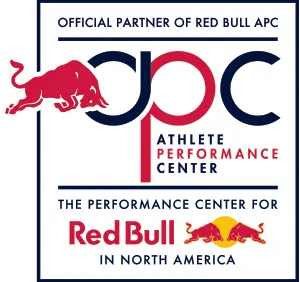No one is saying that you have to have the skills of an Olympic athlete, but no matter what level of exercise you’re at, you could benefit from letting the training tenacity of such persons be your workout guide. When you apply the drive of an Olympic athlete to your own training regimen, you may find that you gain more from a workout and reduce susceptibility to injury.
A new interview finds the Chief Medical Officer of Team USA for this upcoming Olympics offering her insights on the proper training and a number of issues surrounding the Games. You should keep her words of wisdom in mind, as they will be able to help you long after Sochi has drawn to a close.
The first thing to understand is that, for professional athletes, there isn’t really an off-season. You may only see Olympians for two weeks out of the year, but what you’re not seeing is the three years and 50 weeks of intensity that led up to the event. Constant exercise is a must for anyone hoping to make their mark on the athletic world.
Let this same kind of attentiveness to exercise be something you bring to bear in your own life. No one is saying that you have to work out for hours upon hours every single day; after all, for most people, winter sports aren’t a profession the way they are to the pros. But that doesn’t mean you can’t work out throughout the year.
In this way, you protect yourself from some of the more common injuries that may result from underuse. It’s easy to push yourself too far when you’re not pushing yourself far enough on a regular basis. Instead, try to exercise at least a few times a week, and even if there’s one activity that you prefer above all others, don’t stick to one thing exclusively. Always be willing to maintain balance throughout your body and the types of exercise you take part in.
The doctor also makes sure to point out the importance of paying attention to one’s rotator cuffs and hips. All the strength training in the world may not matter if you’re not afforded a certain degree of mobility thanks to these portions of the human body. That’s why stretching and strengthening of these oft-neglected areas will be worth your while. Just a little more flexibility should be sufficient to allow you to achieve far more than you may have thought possible before.
Finally, something that is just as important as exercise: ample rest. When you’re injured or you’ve engaged in a particularly grueling run, rest doesn’t make you a weakling; it makes you intelligent. Rest allows your body to recover before you come up against more serious damage that may otherwise result.
About the author




